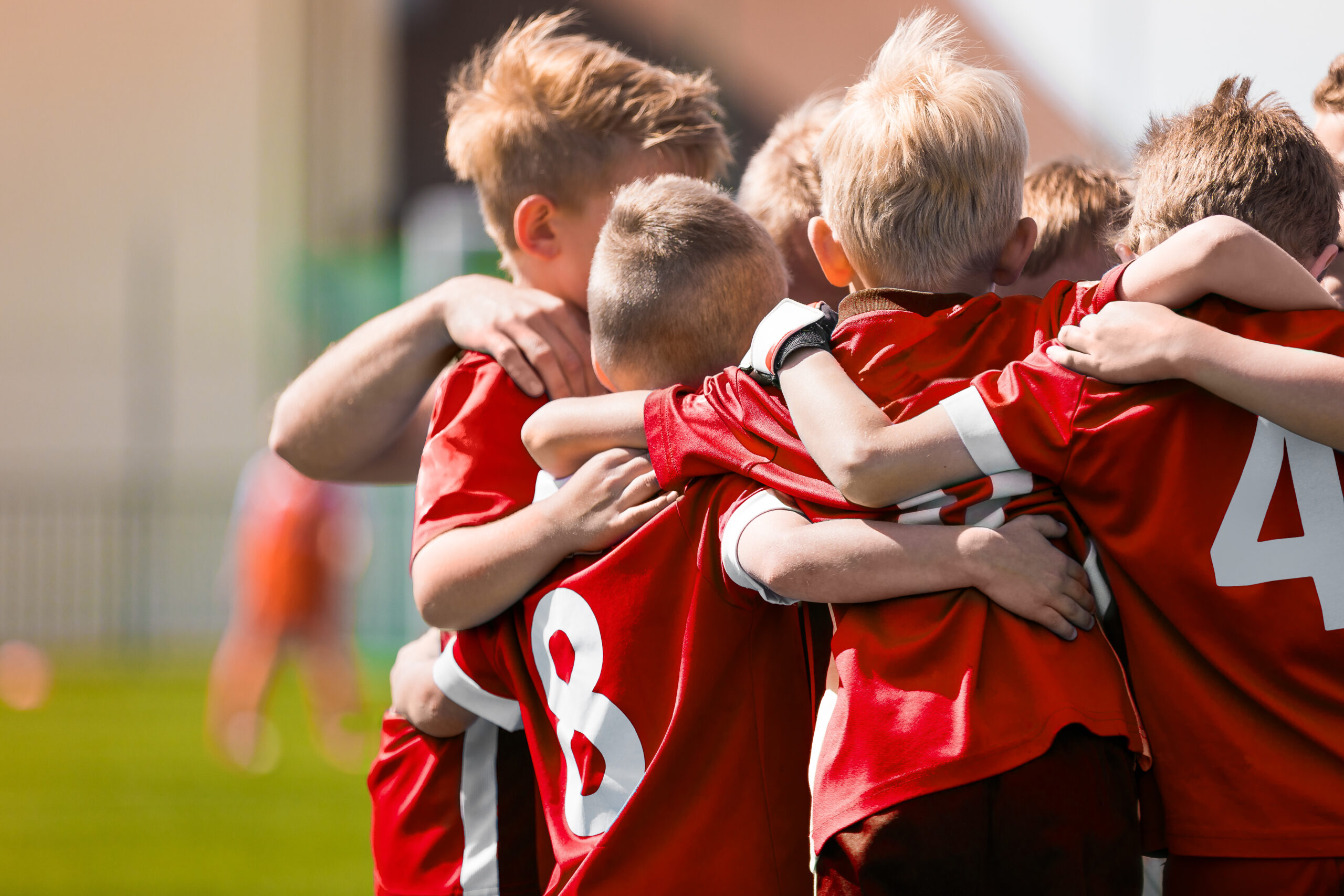I’ve worn a lot of hats over the years—teacher, general manager, server, and bartender—but one of the roles I’ve cherished most has been that of coach. Coaching youth sports, especially basketball and football, has been one of the most rewarding experiences of my life. It’s not just about wins and losses. It’s about shaping young people, giving them a sense of direction, and helping them believe in themselves—sometimes for the first time.
I’ve coached for Lodi Parks & Recreation, worked as an assistant and head coach at Lodi High School, and even helped with Liberty Ranch Jr. Hawks youth football. Every time I stepped onto the court or field, I saw it as more than just a game. I saw it as an opportunity to teach lessons that would last long after the final whistle.
It Starts with Discipline
One of the first things kids learn when they join a team is discipline. Showing up on time, running drills, listening to direction—these things matter. In sports, you don’t succeed by doing your own thing; you succeed by learning how to work together within a system. That’s a powerful lesson, especially for young people who are still figuring out how to navigate school, family, and their own emotions.
As a coach, I had to model that same discipline. If I expected them to give 100%, I had to do the same. That meant being consistent, staying patient, and holding myself to the same standards I set for them. Over time, the kids noticed. And when they realized I believed in the system, they started to believe in it too.
Teamwork Over Talent
I’ve coached some naturally talented athletes over the years—and I’ve also coached kids who struggled just to make a layup. But what I’ve learned is that teamwork will always beat raw talent when talent isn’t willing to work together.
Some of the best teams I’ve ever been a part of weren’t the most athletic. They were the ones where each player bought into the team’s success. The ones where the kid who didn’t score many points still clapped the loudest from the bench. Where players passed the ball instead of forcing a shot. That kind of unity can’t be taught from a book—it’s built day after day, through sweat, setbacks, and shared victories.
In life, it’s no different. We all have roles to play, and success comes when we trust one another and focus on the bigger picture, not just our own stats.
Confidence Comes in Moments
I’ve seen kids come into a program shy, unsure of themselves, afraid to speak up or make a mistake. And I’ve seen those same kids walk out months later with their heads held high, knowing they gave their best.
One of my favorite moments as a coach happened during a youth basketball game. We were down by one point with just seconds left. I called a timeout and drew up a play—not for our top scorer, but for a quiet kid who had been working hard all season. He was shocked when I looked him in the eye and said, “You’ve got this.”
He hit the shot. We won the game. But more importantly, he realized something about himself that day—he was capable. That confidence stuck with him, and I watched him grow into a leader on and off the court.
Coaching is full of moments like that—small victories that become big turning points in a young person’s life.
It’s More Than a Game
People sometimes underestimate youth sports. They think it’s just kids running around burning energy or trying to win trophies. But I’ve seen firsthand how much more it can be.
I’ve seen players form lifelong friendships, learn how to handle failure with grace, and discover what it means to lead by example. I’ve seen parents reconnect with their kids through a shared love of the game. I’ve seen communities come together on a Friday night to cheer on a group of young athletes who are just trying to find their way.
Those experiences shape character. They build resilience. And they teach values like accountability, humility, and respect—values that carry over into school, relationships, and eventually careers.
The Coach-Athlete Bond
One of the greatest rewards of coaching is the relationships that come out of it. Years later, I still hear from some of my former players. They’ll drop me a message, share a memory, or even ask for advice about work or life. Knowing that I made a difference—even a small one—in their journey means the world to me.
It’s not about being perfect. It’s about being present. Showing up consistently, listening, encouraging, and pushing them to be better. That kind of presence sticks with a kid. I know, because I had coaches in my own life who did that for me.
Coaching youth sports has taught me a lot—about people, about leadership, and about life. It has reminded me that growth doesn’t happen in big, flashy moments. It happens in the daily grind. In the practices no one sees. In the tough conversations after a loss. In the quiet nod of approval when a kid finally gets it right.
And while I’ve had many jobs over the years, coaching remains one of the most fulfilling roles I’ve ever taken on. Because in the end, it’s not just about developing athletes—it’s about developing good people.
If you ever get the chance to coach, take it. The wins and losses will fade, but the impact you make will last a lifetime.
